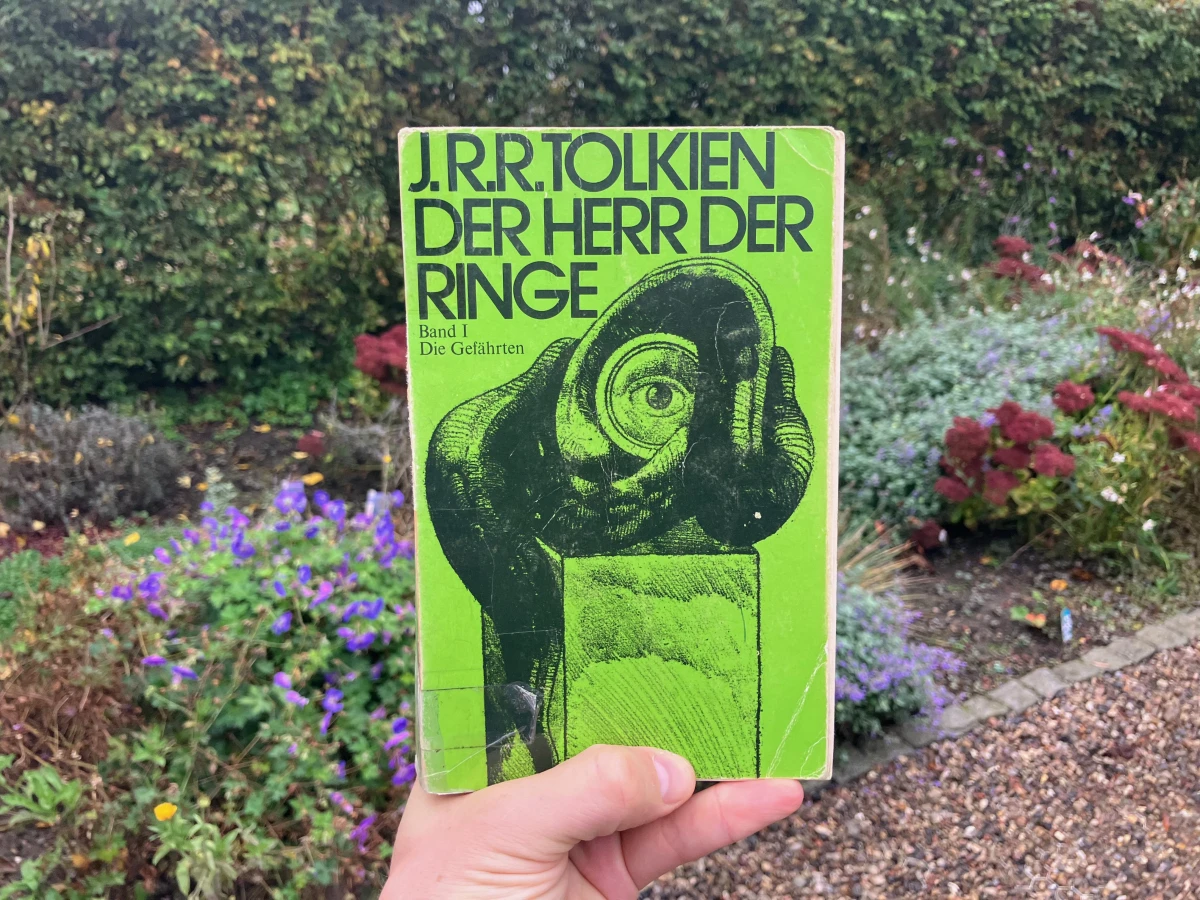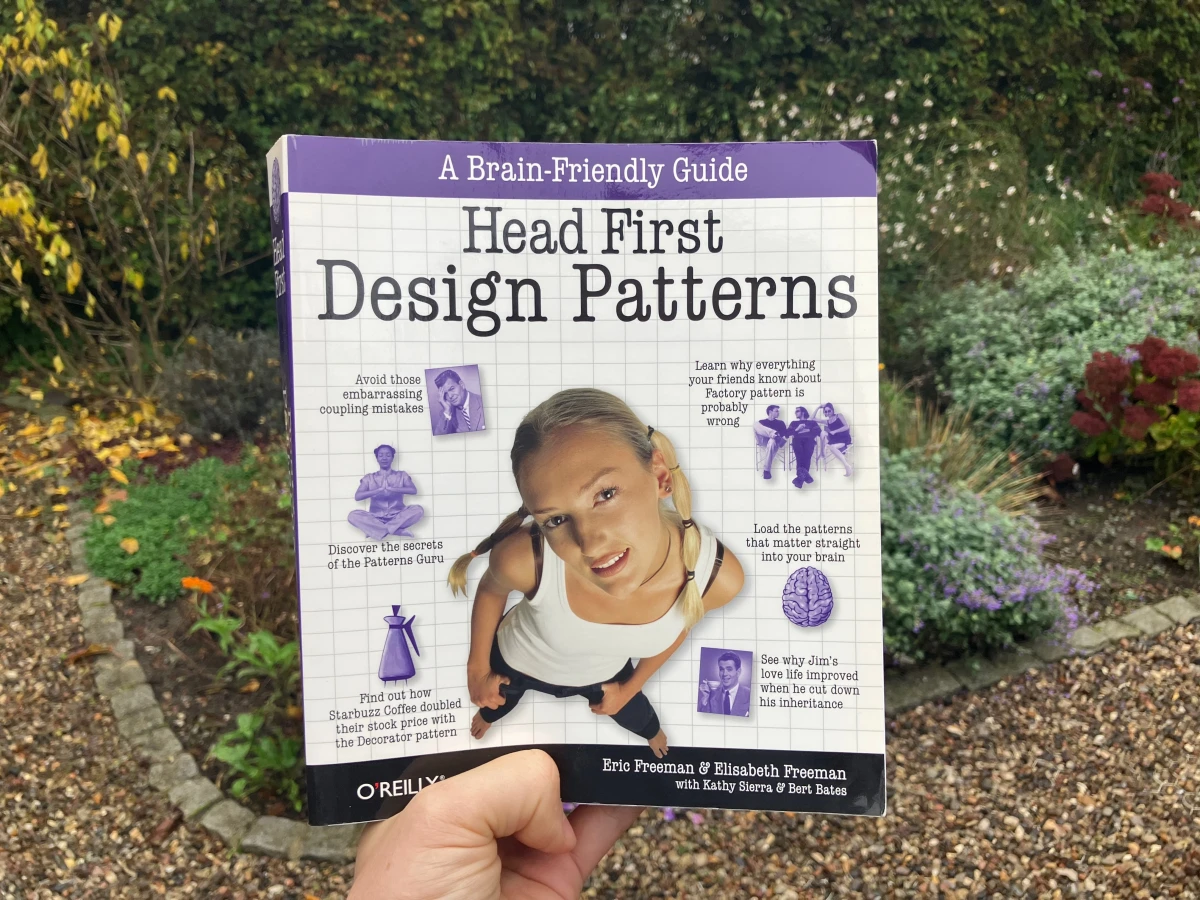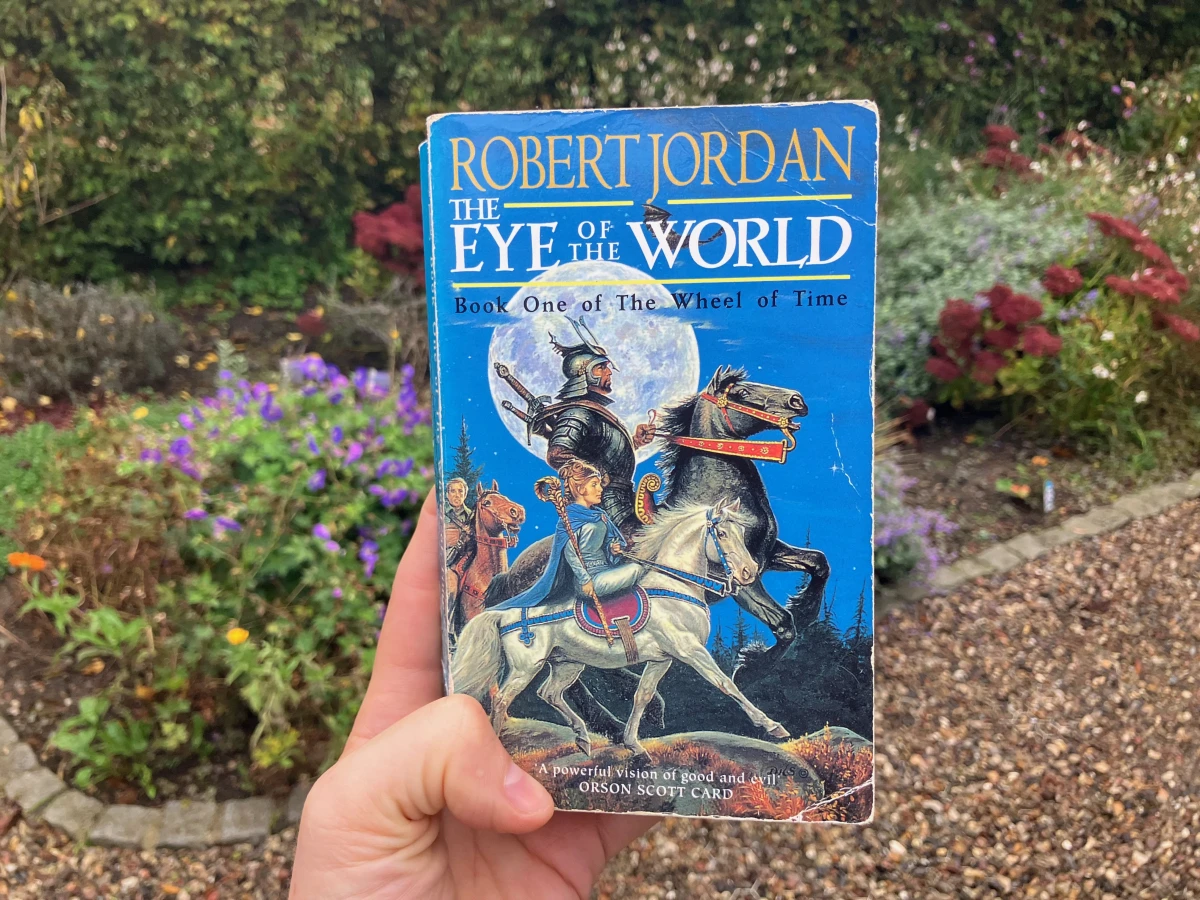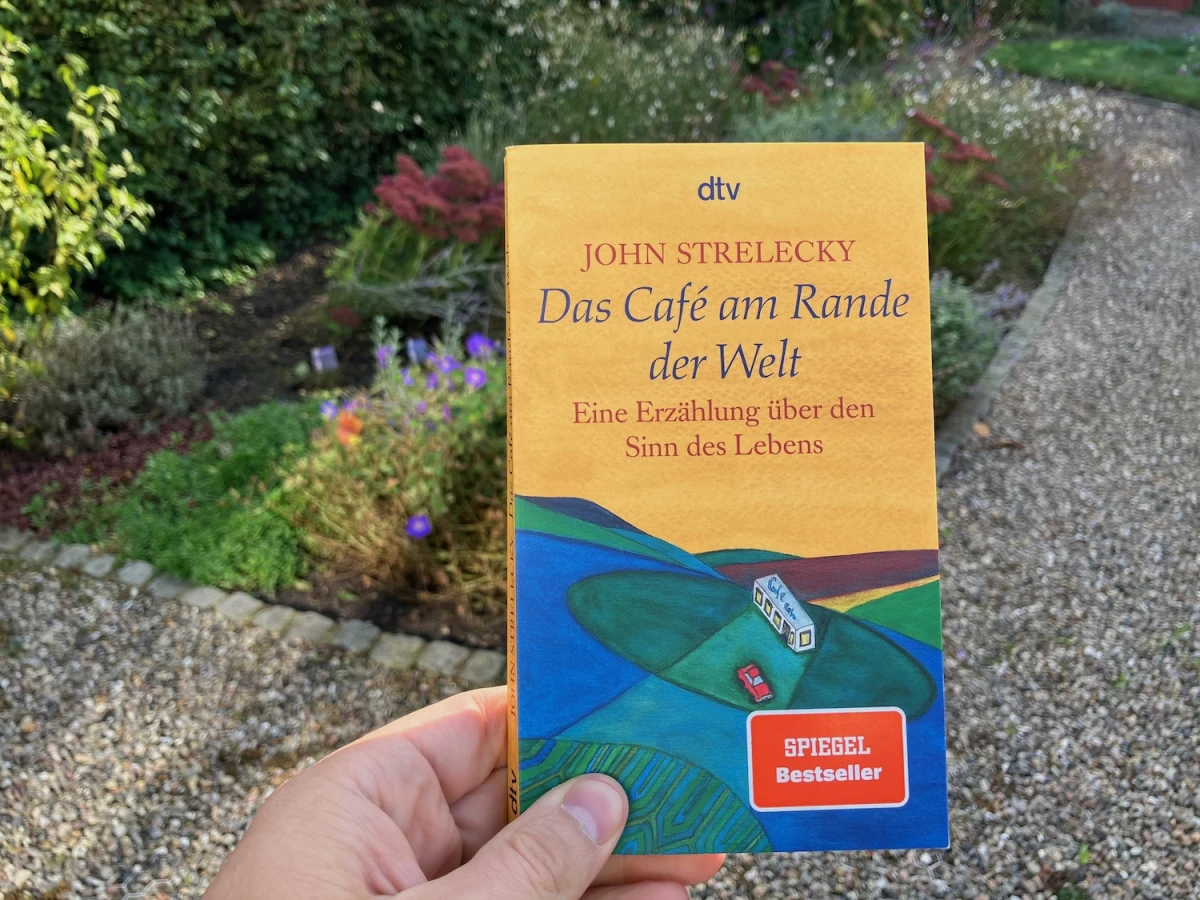Newsletter #003 - Experiment with annual motto
At the start of the year, I'm writing about my experiment on the "annual motto instead of just New Year resolutions," I'm continuing my series on the Book Challenge with comments on the 11th to 15th books.

Annual motto and New Year resolutions
A new year begins. The old annual targets have been validated, so it's time to set new goals and resolutions. I have also defined a motto for myself this year. This experiment was inspired by Darius Foroux's book "Win Your Inner Battles."
I want to make it easier for the new resolutions to become habits and establish themselves in the long term. Because who doesn't know it: in January, you're still full of motivation; a short time later, it's gone, and your resolutions are gone! On the other hand, the annual motto is a mission statement that I stand behind 100%. It's an inner attitude that I don't want to achieve but rather live. I don't need any motivation or extra drive for this, as is necessary with resolutions and goals. My motto is:
Pursuit of a happy life
I evaluate my daily activities according to this motto. If an activity contributes directly or indirectly to my satisfaction or happiness, I continue to pursue it. Otherwise, I question it and, if possible, delete it. If it isn't possible to delete it immediately, I define tasks to help eliminate the unpleasant activity.
I evaluate my goals and the path to their fulfillment similarly. Ideally, I define goals that meet my motto. If, over time, I notice a conflict between my goal and my motto, I don't mindlessly pursue the goal but rather question it critically. In contrast to before, I would have continued to pursue a set goal, come what may. I will report on my experience with this approach.
A resolution for 2025 is to read specialist books for an hour every day. With this in mind, my comments on the Book Challenge continue here.
Book Challenge part 3 of 4
You find the first and second section in earlier newsletters. Now, we continue directly with books 11 to 15.
Book 11 - Lord of the Rings
I associate this green book (and the two others) with an excellent memory from my youth. Tolkien captivated me with his storytelling and took me with him to Middle-earth. The moment with the most significant impact was the supposed death of Gandalf, followed by Aragorn's willingness to continue to believe in the cause at the moment of least hope. It's not just me feeling such an impact. Without Tolkien's work, Game of Thrones would not have been written as it is. The Gandalf moment also fascinates George Martin because Tolkien breaks a rule and lets the main character die. Anyone who knows Game of Thrones knows the result.

Book 12 - Lean startup
My journey into the agile world of software development began with reading Eric Ries's book. Although I had already heard about "Extreme Programming" and gotten my first ideas through specialist articles in relevant magazines, it wasn't until Eric's book that I understood what lean, iterative, and customer-oriented meant. Even today, over ten years later, I continue learning to follow this concept to create better products daily.
I believe that working, or, more precisely, learning in short feedback cycles, is essential in the IT industry and all sectors. I think the necessary understanding and relevant skills should be taught at school. If this isn't learned earlier, everyone would be well advised to internalize it at the beginning of their professional career—through this book or another way.

Book 13 - Head first design patterns
My studies covered the Gang of Four and their design patterns. I quickly understood the principles, but implementing them was much more complicated. At. that moment, the book Head First, which had a significantly different didactic structure, suited me very well.
The approach is based on current findings in cognitive science and learning theory. It is built on a multi-sensory learning experience and uses a visually engaging format tailored to the brain's workings. It doesn't use a text-heavy approach, which helped me penetrate the material extensively.

Book 14 - Eye of the World
Next to Tolkien's work, the world that Robert Jordan created is nothing short of legendary for me. Every book's continuous, memorable first sentences give me goosebumps when I recite them. The heroic journey of every character (and there are a lot) is beautifully thought out, interwoven, and embedded in a world of epic proportions. After 14 volumes and over 4 million words, the story ends in a breathtaking, coherent, well-rounded fireworks display.
The defining aspect of this book is the endless discussions and speculations at the schoolyard about who is behind the misdeeds. Robert Jordan repeatedly intersperses chapters whose timing is unclear, in which villains who are not named are only sketched and engage in fateful scheming. We tried to create the same thing in our role-playing groups—schemes and intrigues like the hero group. Even today, I still draw inspiration from the book series for campaigns.

Book 15 - Das Cafe am Rande der Welt
I got this book recommendation from my son, who received this book for his youth dedication. He said, “I think the story will make you think.” This caught my curiosity, and I have to say, my son was right.
The dialogues between the café visitor and the café staff stimulate thought. How do you answer the question, “Why am I here?” and "What is the purpose of my existence?" I find constant thinking about the questions more important than the answer. Using my bullet journal, I can always carry these questions and make notes whenever I get closer to the answer.

Link recommendations
The climate target of 1.5 degrees is not a political goal
In this LinkedIn post, there is a video that dispels the misconception that the climate goal is a political factor. It is a physical limit.
Data protection and electronic patient records
On the website "Netzpolitik.org" you can find a detailed article about the pros and cons of electronic patient records. You can then decide for yourself whether you want to opt out or not. Minor spoiler: I chose to opt out.
Designer Blog
A developer friend of mine started a blog last year, The Code Conduit. There, you will find articles on front-end development, focusing on HTML, CSS, and Javascript. If this is your area of expertise, check it out.
Server Side Stories
In case you missed the latest episodes of my podcast, I recommend checking it out. Find some details here:
- Episode 5: We recap 2024 and discuss obstacles, projects and goals.
- Episode 6: how to choose the tech stack for your new project – we discuss the aspects to consider to make a future-proof decision.
You can subscribe to the podcast at Spotify and Apple Podcast.
Thanks for reading my newsletter.
Have a good start to the year – Mark.